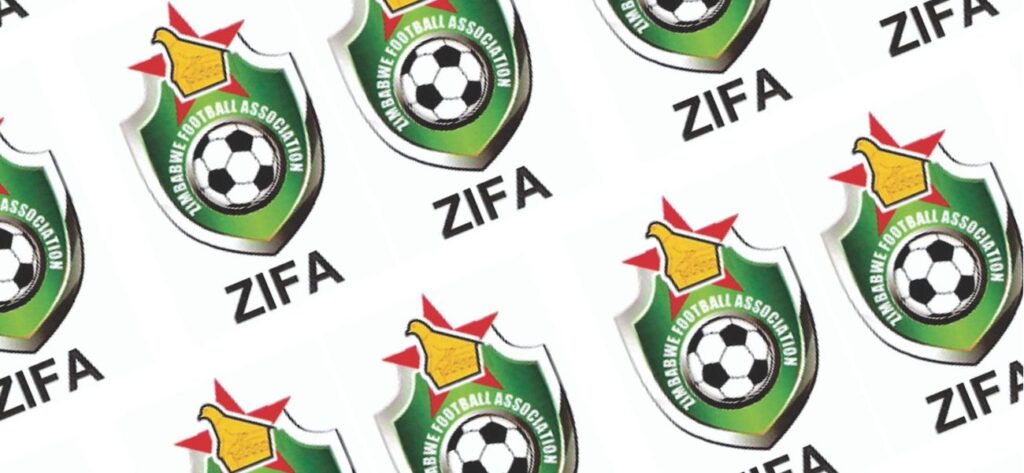

The latest strain of the coronavirus offers a significant and arguably unprecedented challenge to every aspect of human existence. Not only has the respiratory illness compounded our growing millennial dependency on technology for interaction, business, and education, it has revolutionized our normative behaviours and attitudes towards social interaction and physical movement which were once taken for granted. With impositions of lockdowns, restrictions on travel, and the advocacy for personal protective equipment, there can be no doubt that the world has begun to write a new chapter in its history. It is a world that questions the role of governance during crisis management characterised by the application of shock doctrines in response to the pandemic. It is a world that questions the value placed on civilians to fight for their liberties within the realm of civil and human rights. It is a world that feeds off uncertainty, inconsistency in response drafting and ratification, and an inability to produce informed decisions due to the latter and former.


Governance, as a practice, has not been spared from the effects of COVID-19. Even before the virus emerged in November 2019, the battle between multilateralism and regionalism had already gained significant traction. As more traditional liberal democracies, the USA and United Kingdom chief among them, began to take on more nationalistic identities and more regional trading blocs began to solidify their economic positions for growth against the vaunted global lending infrastructure, the role of multilateral power was under significant threat. Under COVID-19, this thread has only amplified as seen by the United States’ decision to pull aid from World Health Organisation in favour of more internal solutions.

Similarly, the world of sports governance has also had to find solutions to the primacy of the coronavirus. Regional and national bodies have had to postpone and improvise the delivery of sporting events in an attempt to salvage jobs and sustain viability while counterbalancing this with the need to save lives. In Zimbabwe, sports governance has always been a topical issue given the inability of governing bodies such as the Zimbabwe Football Association to manage its resources and channel them efficiently towards the development of the sports they oversee. In this new world, the pertinent question becomes, “How do we save lives and provide an essential service while also generating income for players, officials and staff alike?”

For developed sporting leagues around the world, the answer has been embracing what the virus has given them – a heightened dependency on digital media. Leagues have initiated or fast-tracked streaming services, created e-gaming events, and promoted interactive online platforms in order to give starving fans an escape, while also generating needed revenue. In Zimbabwe, as with most parts of the developing world, this approach has, to date, proved to be nonviable. Zimbabwe is home to some of the most expensive tariffs of internet connectivity in the world, and while there has been a surge in data usage, the vast majority of Zimbabweans are still financially incapable of embracing technology as a mode of communication and information, let alone the key source of sporting entertainment. This reality, and the mentalities surrounding it, is also seen in the governance approaches of Zimbabwean sporting authorities who have not been as aggressive in their digitalisation as they should be. While this latest challenge is seen as contemporary, it points to a larger inability of Zimbabwean sporting bodies to recognise the need to be dynamic in service delivery while embracing the various opportunities that technology provides in developing the games they govern for fans and players alike.


Tinashe Kitchen is an administrator and development practitioner working in a variety of roles in the arts and sporting sectors of Zimbabwe. Since 2017, he has served as the Managing Director for Jacaranda Culture and Media Corporation overseeing the implementation of the National Arts Merit Awards (since 2020) and the nation’s most prestigious talent search competition, Dreamstar Zimbabwe (2016 – present). He also serves as the Director for Technical Development of the Zimbabwe American Football Federation (2019 – present) which oversees the administration of American Football in the country. He is currently pursuing his doctoral studies in Sports for Development, paying close attention to the development of support structures that promote female participation in sports towards the tangible development of gender equity in Zimbabwe.